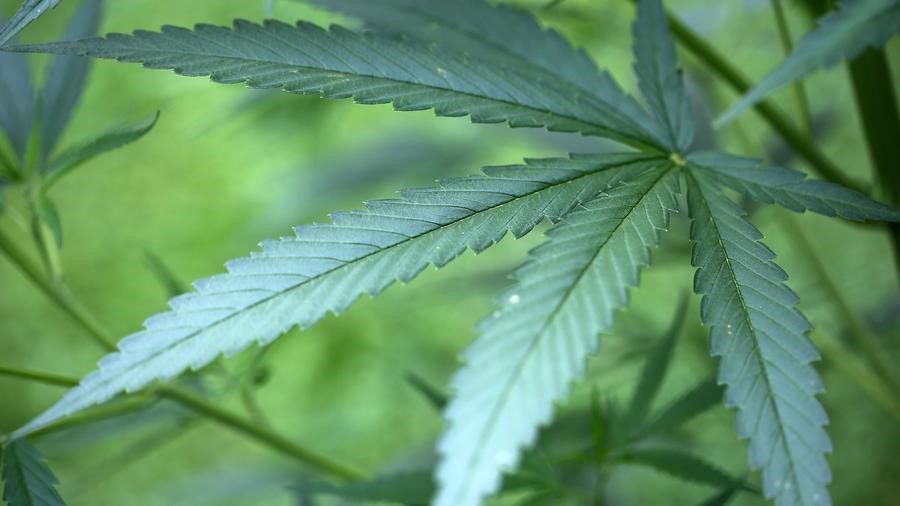
Marijuana program draws 42 doctors statewide
By: Scott Powers, Orlando Sentinel
August 19, 2015
In the ten months since Florida began preparing physicians to qualify patients for medical marijuana, only 42, including eight in Central Florida, have signed up to do so.
Yet medical marijuana advocates say they are unconcerned because the rest of the state’s limited medical marijuana program has developed well behind schedule. So doctors have at least another six months to earn state approval before the medicines arrive.
“I do not think that 42 is adequate for the state of Florida. However, there is no demand right now, because there is no product available,” said Louis Rotundo, a lobbyist who pushed hard for the state’s new medical marijuana compassionate-use law.
Under that 2014 law, Florida patients with certain ailments can qualify to use drugs derived from non-euphoric strains of marijuana. Patients with cancer, epilepsy, and other ailments that cause uncontrollable tremors or seizures, such as Parkinson’s disease or multiple sclerosis, can qualify.
Unlike states such as California or Oregon, Florida allows only medical marijuana drugs containing low amounts of the chemical THC, which gets people intoxicated, and high amounts of the chemical CBD, which has shown promising results in treating tremors, seizures, and other ailments.
First, though, patients must have state-approved doctors examine them and recommend those drugs.
No one knows how many qualified and willing patients might emerge. Estimates have ranged from hundreds to tens of thousands. There are an estimated 400,000 Floridians with epilepsy, according to the Epilepsy Foundation of Florida.
“I’m very encouraged that there are 42 doctors. When I had last checked, there were very few,” said Karen Basha Egozi, the foundation’s chief executive officer, noting that until fairly recently there were fewer than 20. “Our position is very much … whatever a doctor prescribes for a patient is what we support.”
Doctors must pass a $995, eight-hour continuing education course.
The eight authorized Central Florida doctors are Drs. Rolando Ania, Ronald Davis, Ngoc Minh Le, and Denise Taylor, who are all Orlando neurologists; Dr. Floyd Dillard, who has a diet clinic in Eustis; Drs. Jason Schultz and Richard Tempel, who are emergency medicine doctors in Orlando; and Dr. Harry Stein, an Orlando otolaryngologist. None would comment to the Orlando Sentinel.
Most authorized doctors are clustered in or around Florida’s big cities, creating big geographical gaps. North Florida’s authorized doctors are all in the Pensacola, Tallahassee, and Jacksonville areas. On Florida’s Gulf Coast, there are none south of Sarasota. On the Atlantic Coast, there are none between South Florida and Jacksonville, except those around Orlando.
Joseph Rosado, an internal medicine specialist from Pace, near Pensacola, is approved. He envisions one day he might have a full practice devoted to such patients, but not any time soon.
“I learned many years ago that I expect nothing, but I am ready for anything,” Rosado said.
Rosado was an active supporter of last year’s failed campaign, run by Orlando lawyer John Morgan, to legalize all forms of medical marijuana, through a Florida constitutional amendment. Morgan is trying again next year.
Though he expects Morgan to one day succeeds, Rosado said he has strong confidence that the limited program approved in Florida can help some of his patients.
“Based on the literature that I’ve read, yes,” he said. “Based on personal experience, no, because my hands are tied right now.”
Brevard County family doctor Dr. Stephanie Haridopolos was an active opponent of Morgan’s Amendment 2 campaign. She supports the low-THC law but has not signed up.
She said many doctors may be waiting for more information. Right now no one knows where the drugs might be dispensed, what dosages will be available, what forms the drugs might take, or how much they might cost.
That’s because the Florida Department of Health is examining widely varying proposals from 24 companies competing for five state licenses to grow, process, and dispense marijuana medicines. Haridopolos also said many doctors likely remain skeptical because of limited scientific research in the United States.
“Hopefully, with a time that will go away,” she said of that last concern. “I do believe there is a role for it, but we need to have more data. It’s all about increasing the awareness of physicians. … I believe that number will grow rapidly as you get closer to the ability of the growers to dispense.
smpowers@tribpub.com or 407-420-5441
http://www.orlandosentinel.com/health/os-medical-marijuana-doctors-20150819-story.html
Copyright © 2015, Orlando Sentinel